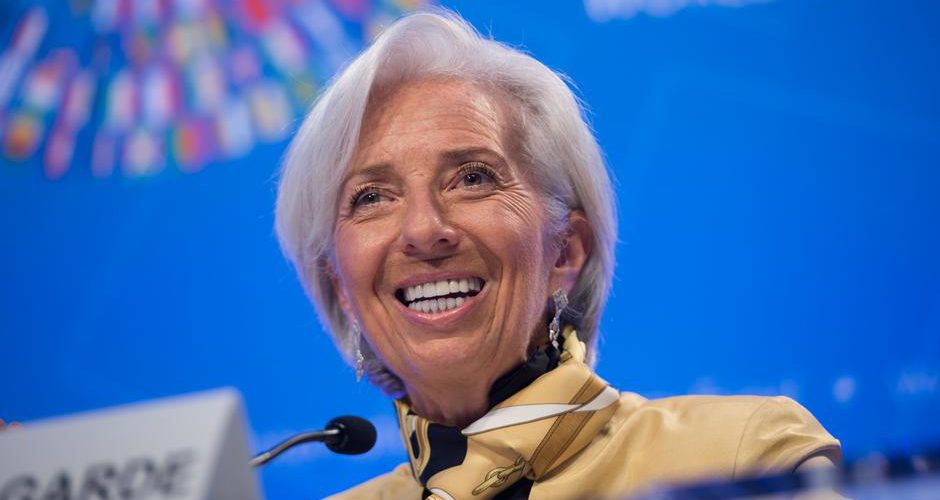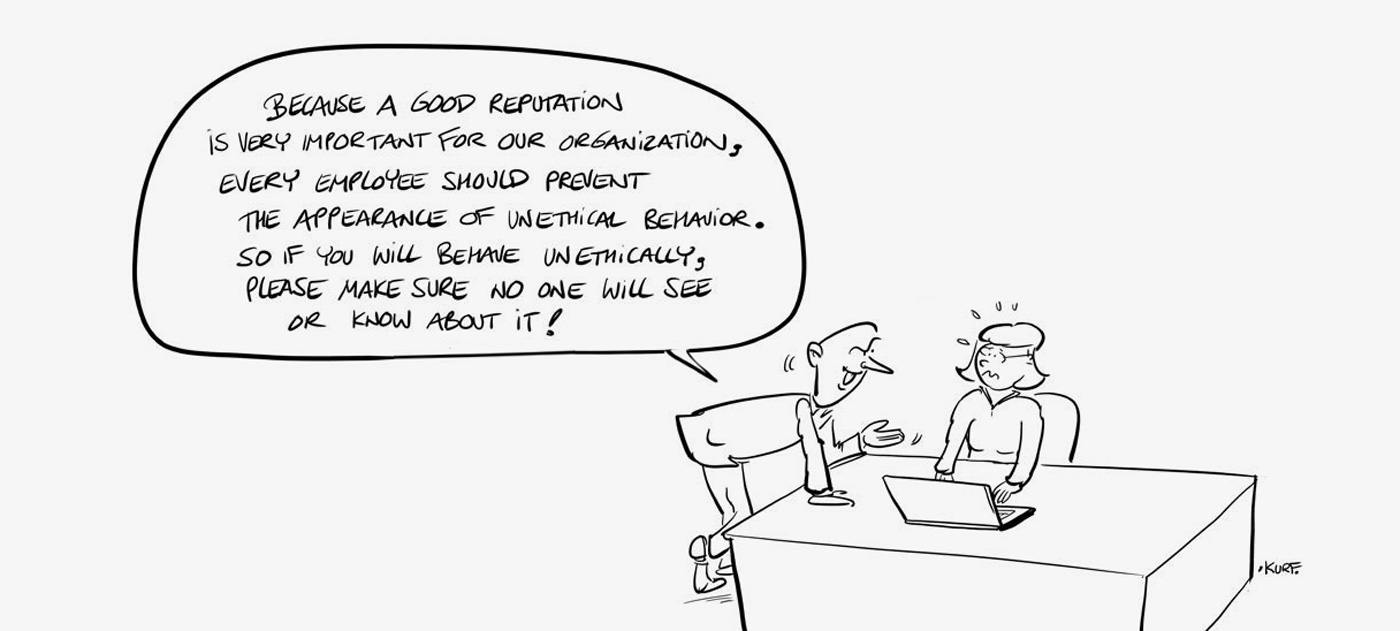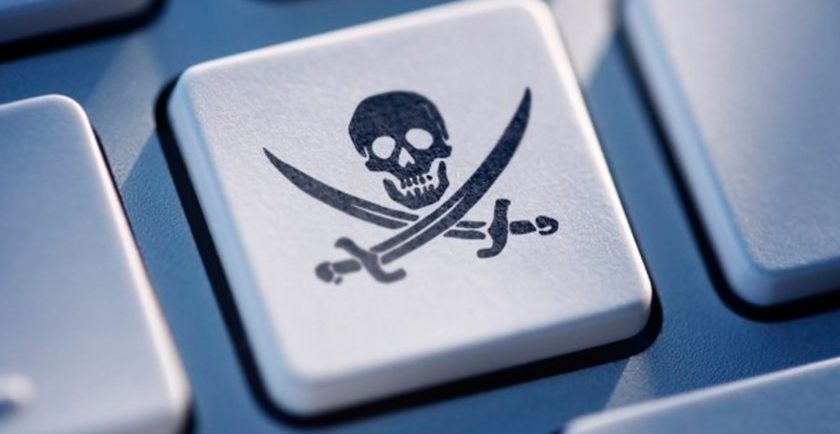Mr. Yves Mersch, Member of the Executive Board of the European Central Bank and Vice-Chair of the Supervisory Board of the European Central Bank, recently gave a speech at the Eurofi Financial Forum, Berlin on 11 September 2020. He reflected on two issues: our role in the extraordinary measures taken to keep economies afloat since the outbreak of the current crisis, and the limits of the ECB’s prudential mandate. The pandemic has dealt an unprecedented peacetime blow to the European economy. In spring, a great number of our businesses went into full lockdown. Crucially, however, banks in the euro area were able to offer vital support. To this end, ECB Banking Supervision provided far-reaching capital and operational relief, making record levels of lending possible during this exceptional time. Continue reading…
The message is clear: organisations must be held accountable for their social and environmental footprint. Therefore, it’s inevitable that speaking up becomes the next social…
Download whitepaper










